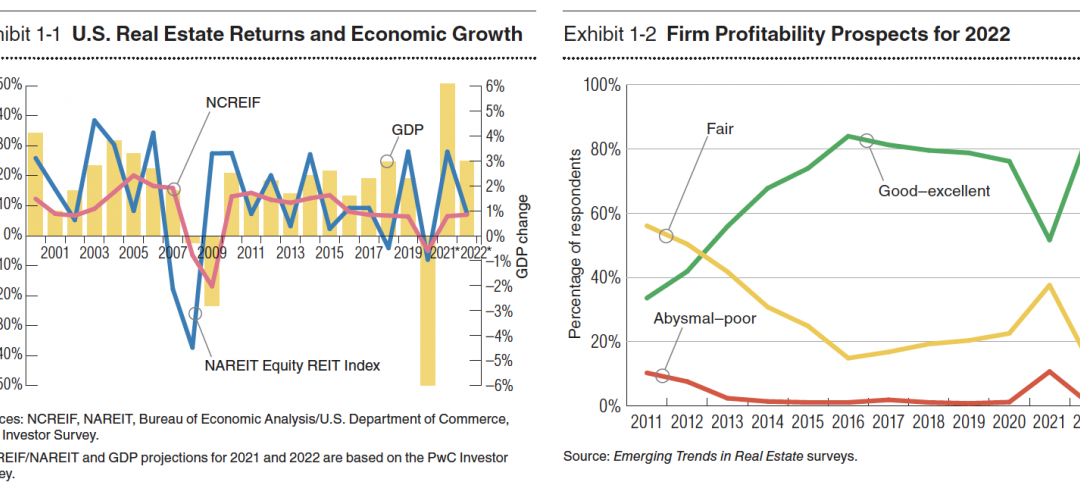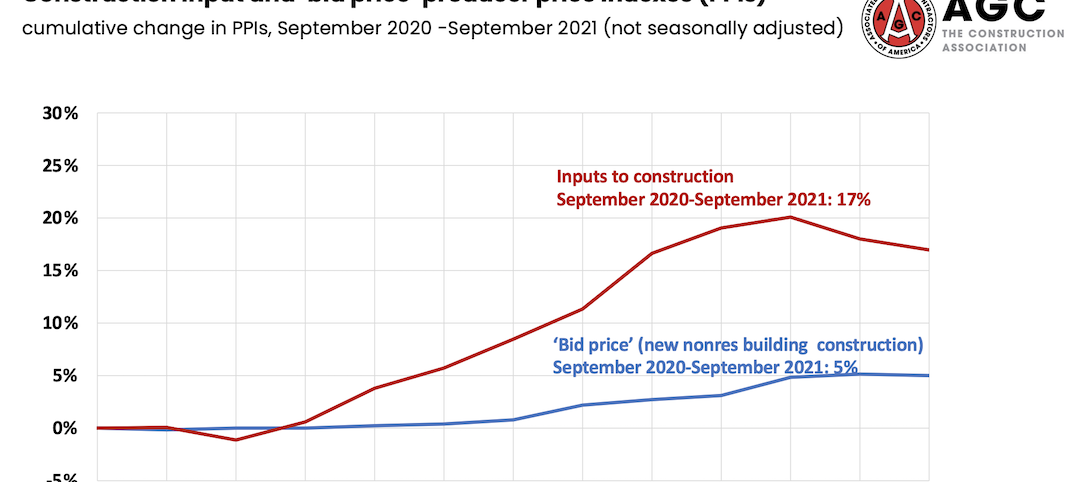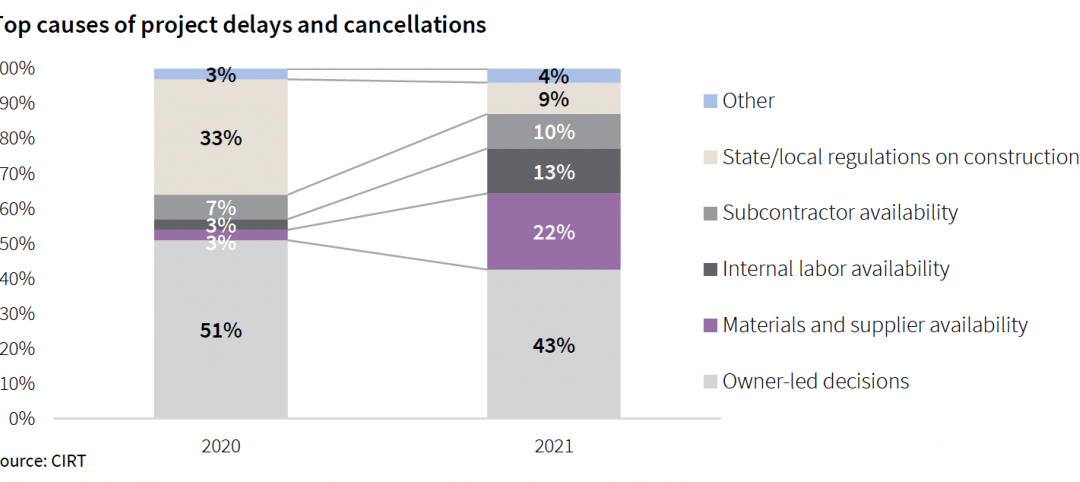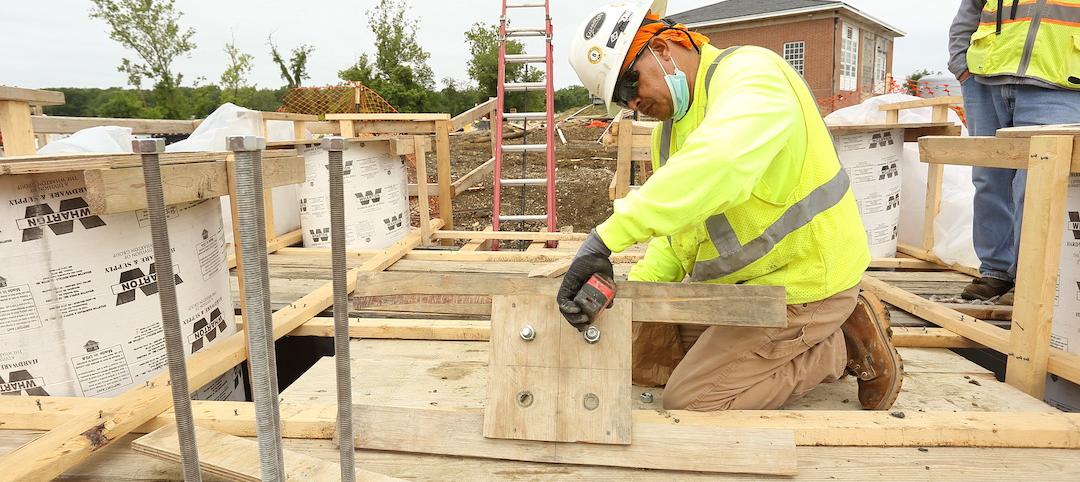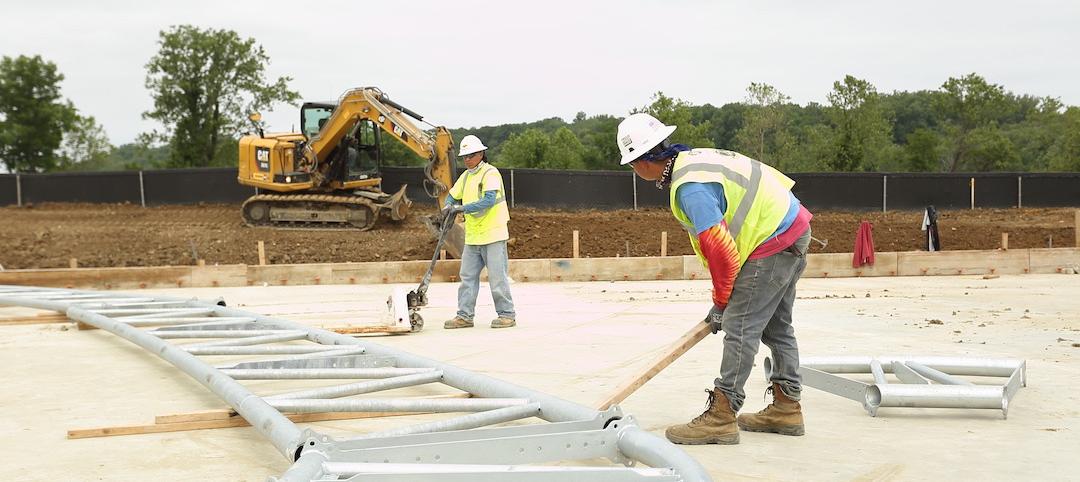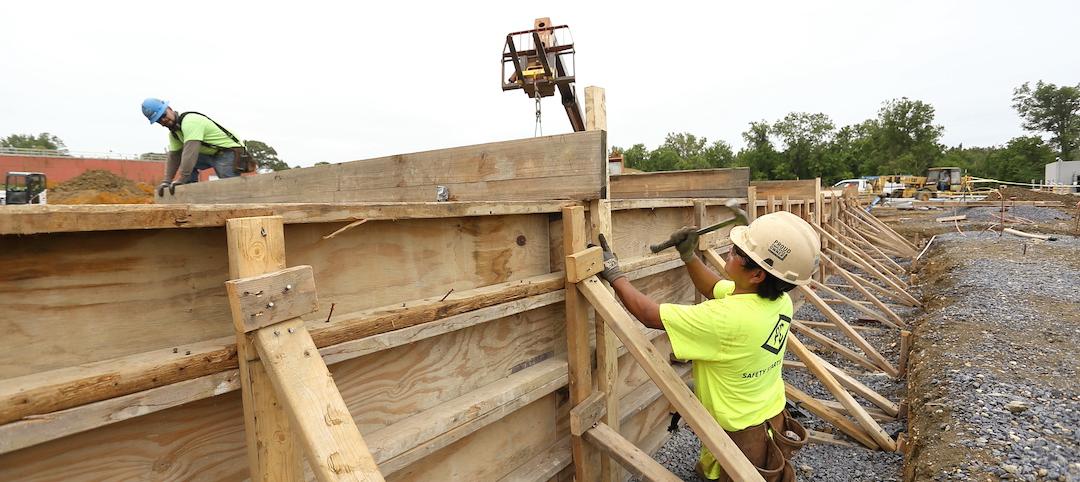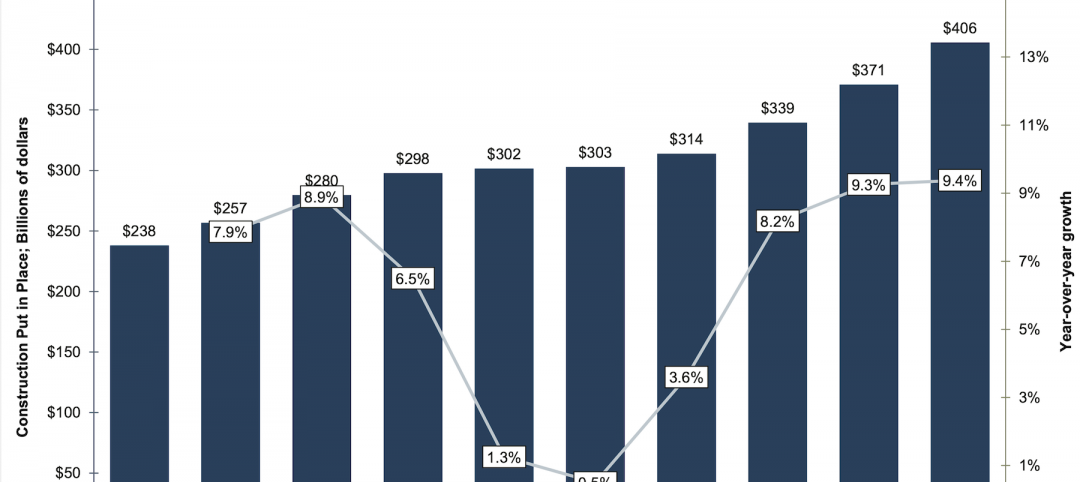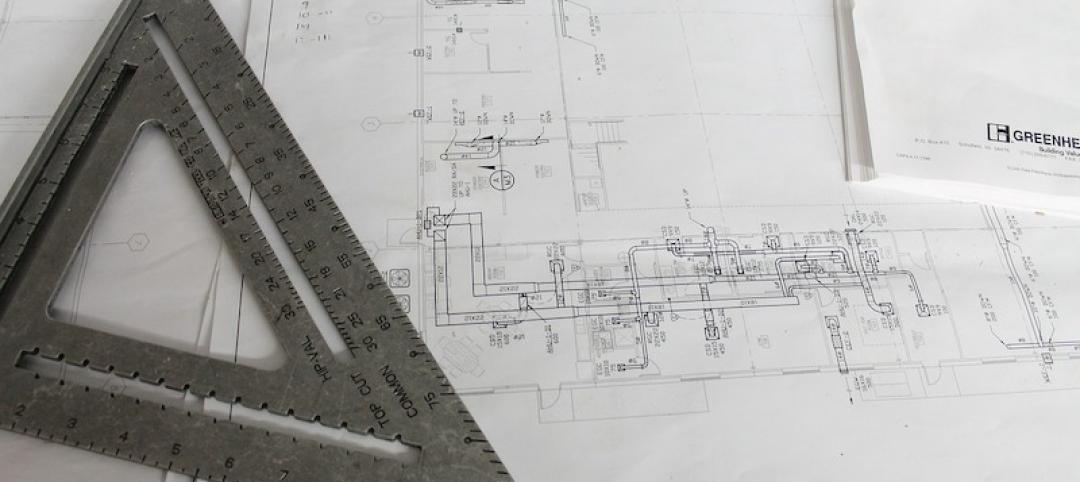Construction firms are experiencing widespread project deferrals and cancellations, along with disruptions to ongoing work and few new project awards, as the economic damage from the pandemic drags down industry employment in metro areas across the nation, according to a new survey and an analysis of new government data that the Associated General Contractors of America released today. Association officials urged Congress to pass new coronavirus relief measures to head off further job losses.
“The survey results make it clear that the months-long pandemic is undermining demand for projects, disrupting vital supply chains and clouding the industry’s outlook,” said Ken Simonson, the association’s chief economist. “Without new federal relief measures, these challenges pose a significant threat to current construction employment levels.”
Simonson noted that three-quarters of survey respondents report having a scheduled project postponed or canceled. He added that is up from the 60% of contractors who reported a canceled project in our August survey and 32% who did so in June. Meanwhile, only 23% of contractors report working on new or expanded construction projects as a result of the pandemic, about the same percentage as in June.
The coronavirus is also disrupting projects that are still underway, Simonson noted. Seventy-eight percent of respondents report they are currently experiencing project delays or disruptions, up from 57% in June. In particular, 42% of firms are experiencing disruptions due to a shortage of construction materials, equipment or parts. In addition, 35% are experiencing disruptions because of a shortage of craftworkers and/or subcontractors. In one bit of good news, however, only 7% of firms are experiencing disruptions because of a shortage of personal protective equipment.
Shrinking demand and disrupted operations are shaking many contractors’ faith in the future, the survey showed. Thirty-four percent of respondents report they do not expect their firm’s volume of business will return to pre-pandemic levels for at least a year.
Delays, disruptions and uncertainty threaten to undermine employment levels in the construction sector. In fact, 30% of firms report they have already furloughed or terminated employees because of the coronavirus.
That is likely why construction employment fell during the past year in most metro areas, Simonson added. Construction employment fell in 234, or 65%, of 358 metro areas between September 2019 and September 2020. Construction employment was stagnant in 38 other metro areas, meanwhile, and only 86 metro areas added construction jobs during the past year.
Houston-The Woodlands-Sugar Land, Texas lost the most construction jobs over those 12 months (-24,400 jobs, -10%), followed by New York City (-19,500 jobs, -12%). Brockton-Bridgewater-Easton, Mass. had the largest percentage decline (-36%, -2,000 jobs), followed by Altoona, Pa. (-32%, -1,000 jobs) and Johnstown, Pa. (-32%, -900 jobs).
Dallas-Plano-Irving, Texas added the most construction jobs from September 2019 to September 2020 (5,100 jobs, 3%), followed by Baltimore-Columbia-Towson, Md. (4,700 jobs, 6%). Walla Walla, Wash. had the highest percentage increase (25%, 300 jobs), followed by Fond du Lac, Wisc. (15%, 500 jobs).
Simonson added that a majority of firms report they plan to cut jobs or abstain from adding new employees during the coming year. Twenty percent expect their headcount will shrink while 42% report they do not plan to add to the size of their headcount during the next twelve months.
Most firms participating in the survey, 78%, cited a preference for new federal relief measures to mitigate against the impacts of the coronavirus. Among the measures firms are hoping Washington officials will enact are new federal investments in infrastructure, liability reforms that protect responsible firms from frivolous coronavirus suits and a new highway and transportation bill.
As a result, association officials urged Congressional leaders to recall legislators right after the election to pass much-needed new coronavirus relief measures. In particular, the construction officials called on Congress to new infrastructure investments, liability reforms and an additional round of Paycheck Protection Program loans.
“As our survey shows, the pandemic and efforts to mitigate its spread have deeply wounded the economy, depressing demand for many types of commercial construction projects,” said Stephen E. Sandherr, the association’s chief executive officer. “Congress can end the downward economic slide and help create needed new construction jobs by passing measures to boost demand and protect honest employers.”
View the survey results. View the metro employment 12-month data, rankings, top 10, and map.
Related Stories
Market Data | Oct 19, 2021
Demand for design services continues to increase
The Architecture Billings Index (ABI) score for September was 56.6.
Market Data | Oct 14, 2021
Climate-related risk could be a major headwind for real estate investment
A new trends report from PwC and ULI picks Nashville as the top metro for CRE prospects.
Market Data | Oct 14, 2021
Prices for construction materials continue to outstrip bid prices over 12 months
Construction officials renew push for immediate removal of tariffs on key construction materials.
Market Data | Oct 11, 2021
No decline in construction costs in sight
Construction cost gains are occurring at a time when nonresidential construction spending was down by 9.5 percent for the 12 months through July 2021.
Market Data | Oct 11, 2021
Nonresidential construction sector posts first job gain since March
Has yet to hit pre-pandemic levels amid supply chain disruptions and delays.
Market Data | Oct 4, 2021
Construction spending stalls between July and August
A decrease in nonresidential projects negates ongoing growth in residential work.
Market Data | Oct 1, 2021
Nonresidential construction spending dips in August
Spending declined on a monthly basis in 10 of the 16 nonresidential subcategories.
Market Data | Sep 29, 2021
One-third of metro areas lost construction jobs between August 2020 and 2021
Lawrence-Methuen Town-Salem, Mass. and San Diego-Carlsbad, Calif. top lists of metros with year-over-year employment increases.
Market Data | Sep 28, 2021
Design-Build projects should continue to take bigger shares of construction spending pie over next five years
FMI’s new study finds collaboration and creativity are major reasons why owners and AEC firms prefer this delivery method.
Market Data | Sep 22, 2021
Architecture billings continue to increase
The ABI score for August was 55.6, up from July’s score of 54.6.




